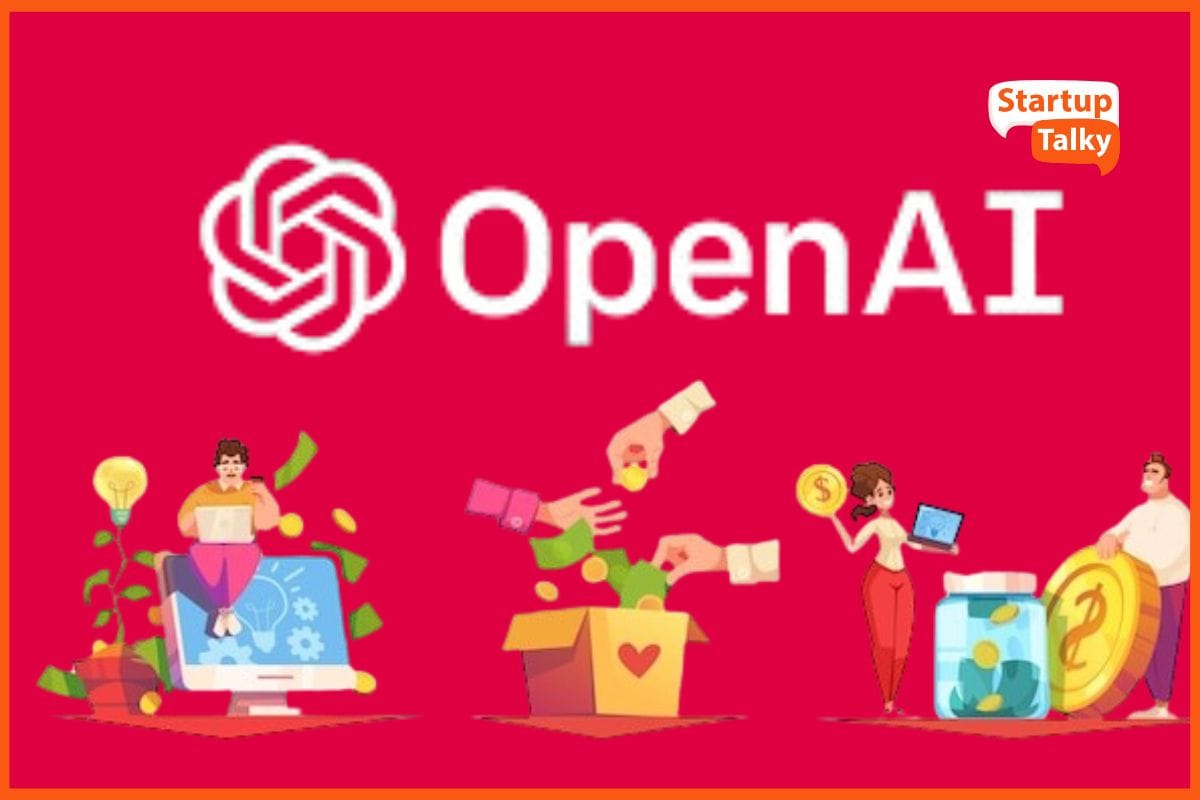At $300 Billion Valuation, OpenAI Raised $40 Billion

On March 31, OpenAI announced that it has raised $40 billion in a fresh round of fundraising at a valuation of $300 billion. The San Francisco-based company stated in a post on its website that the funding "enables us to push the frontiers of AI research even further". This new funding round is a part of a relationship with the Japanese investment giant SoftBank Group. According to the company, SoftBank's backing will enable the company to keep developing AI systems that advance scientific research, facilitate individualised learning, foster human creativity, and open the door to artificial general intelligence (AGI) that will benefit all people. AGI is a computational platform that possesses human-level intelligence.
SoftBank's Vision of Artificial Super Intelligence (ASI)
According to a press release from SoftBank, OpenAI is the partner that is most likely to help the company achieve its objective. The core objective of SoftBank is to create Artificial Super Intelligence (ASI) that is superior to human intelligence. In its justification for the most recent investment in the business, SoftBank said that massive processing capacity is necessary to achieve AGI and ASI. So to achieve this goal, the development of OpenAI's AI models is crucial. SoftBank plans to invest $10 billion in OpenAI initially, with an additional $30 billion due by the end of this year. The 500 million users of ChatGPT each week will receive increasingly potent capabilities as OpenAI expands its infrastructure.
OpenAI Working on Building More Open Generative AI Model
The investment announcement coincided with OpenAI's announcement that it was developing a more open generative AI model. It is doing so in response to increased competition from Chinese rival DeepSeek and Meta in the open-source field. OpenAI, which has always defended closed, proprietary models that prevent developers from modifying the core technology to make AI more suited to their aims, would change course. OpenAI and closed model supporters like Google have argued that open models are riskier and more vulnerable to malevolent actors and non-US governments. In its conflicts with previous investor and world's richest man Elon Musk, OpenAI's adoption of closed models has also been a point of controversy. Musk has urged OpenAI to uphold the company's name and "return to the open-source, safety-focused force for good it once was."
Many large firms and governments are steering away from building AI goods or services on models they don't control, especially when data security is concerned, putting pressure on OpenAI. Meta's family of Llama models and DeepSeek's models address these concerns by letting companies download their models and have more control over modifying the technology and data. In January, DeepSeek's lower-cost R1 model shook artificial intelligence, while Meta CEO Mark Zuckerberg announced Llama's one billion downloads this month.
Must have tools for startups - Recommended by StartupTalky
- Convert Visitors into Leads- SeizeLead
- Website Builder SquareSpace
- Run your business Smoothly Systeme.io
- Stock Images Shutterstock





